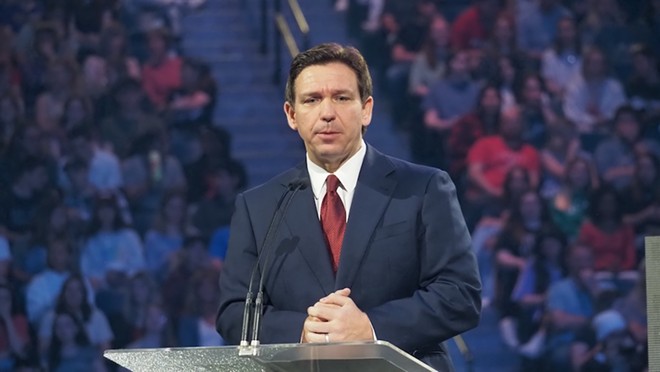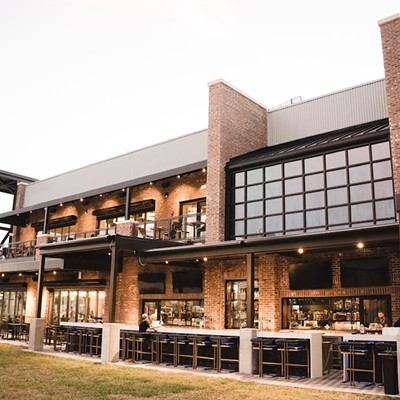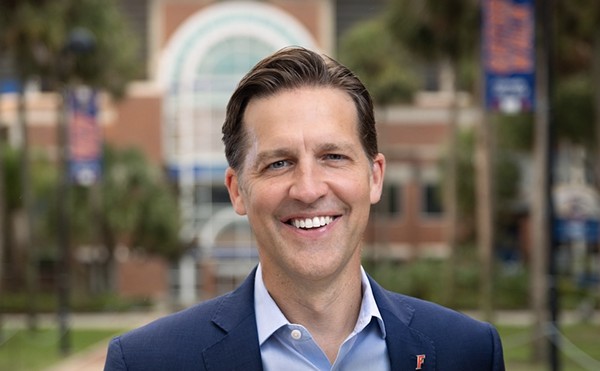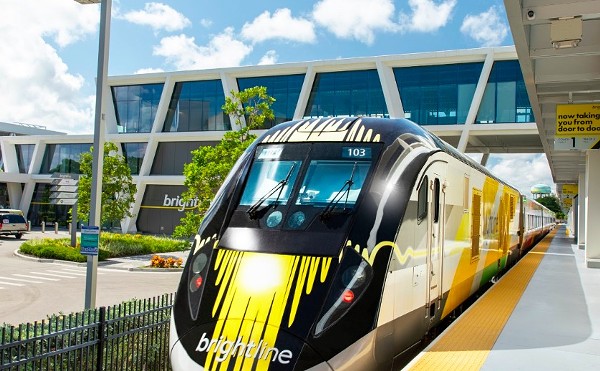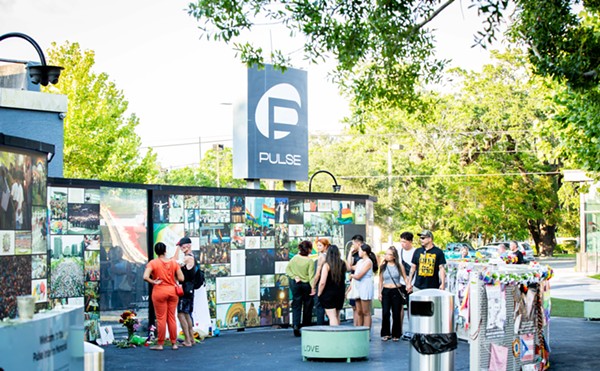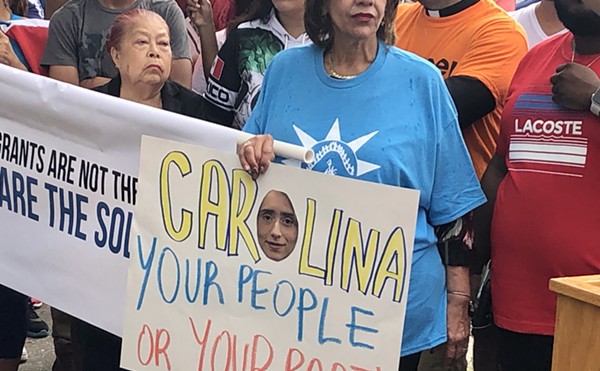Divided panels of the 3rd District Court of Appeal and the 4th District Court of Appeal upheld the statewide prosecutor’s authority to pursue the 2022 cases against Ronald Miller and Terry Hubbard and sent the cases back to circuit court.
Circuit judges in Miami-Dade and Broward counties had dismissed the cases because they said the alleged crimes each occurred in one judicial circuit and that the statewide prosecutor only has jurisdiction in cases involving multiple circuits.
The appeals courts took somewhat-different approaches Wednesday: The 3rd District panel rejected the argument that the statewide prosecutor didn’t have authority to prosecute Miller. The 4th District panel cited a 2023 change in state law that allowed the statewide prosecutor to handle such cases and said that change should apply retroactively to Hubbard’s prosecution.
In appealing the circuit-court rulings, the state argued that the alleged crimes involved two judicial circuits. That is because Miller and Hubbard filled out voter-registration applications in South Florida and the information was transmitted to the Department of State in Leon County.
“Miller would not have been able to register to vote, and ultimately vote, without his filling out the form in Miami-Dade County, the processing and approval of his voter registration in Leon County, and the conveyance of such approval back to Miami-Dade County,” 3rd District Judge Alexander Bokor wrote in a decision joined by Judge Monica Gordo. “It makes no difference based on the statutory language whether Miller himself communicated or affirmatively acted in concert with anyone outside of Miami-Dade County. Indeed, the parties stipulated that he did no such thing. The important part, however, is that these transactions that occurred in multiple jurisdictions were not only related, but they were also required acts before Miller got his voter registration and proceeded to vote.”
The panels split 2-1 in both cases, with Judge Melanie May writing a stinging dissent in the 4th District case involving Hubbard. She wrote that the Office of the Statewide Prosecutor “seeks to extend its reach into the local discretion afforded the Office of the State Attorney for single judicial circuit crimes.”
“The OSP (Office of the Statewide Prosecutor) is not some Marvel superhero that can magically extend its long arm of the law into a single judicial circuit and steamroll over the local state attorney,” May wrote. “In short, this is a stretch the majority is willing to condone, but I am not.”
She added, “Here, it is undisputed the defendant (Hubbard) applied to vote in one judicial circuit and voted in the very same single judicial circuit. The defendant’s actions took place only in one judicial circuit. The state stipulated to these facts, and that the defendant took no action in any other judicial circuit. That, short and simple, is a single-circuit offense. To view it otherwise, as the OSP requests, is to expand the OSP’s reach beyond its constitutional and statutory limits.”
Similarly, in the 3rd District case, dissenting Judge Edwin Scales wrote that “Miller did not ‘swear or affirm’ his (registration) oath, nor did he ‘vote,’ anywhere other than in Miami-Dade County. As the state rightfully concedes, no portion of either alleged offense ‘occurred’ anywhere other than in Miami-Dade County.”
But 4th District Judge Jeffrey Kuntz, in a majority opinion joined by Judge Dorian Damoorgian, concluded that Hubbard’s alleged voting crime involved more than one circuit. Broward County is in the 17th Judicial Circuit, while Leon County is in the 2nd Judicial Circuit. Miami-Dade is in the 11th Judicial Circuit.
“Hubbard submitted his voter application in Broward County, with knowledge that the application would be sent to the Department of State in Leon County for verification,” Kuntz wrote. “He then voted in Broward County in an election that included candidates for state and federal offices. That vote was submitted to Leon County. Not only did these actions occur in both Broward and Leon County, but voter fraud impacts the public’s confidence in elections throughout the state.”
The charges against Miller, Hubbard and 18 other convicted felons were announced in August 2022, less than three months before a general election that included DeSantis winning another term. DeSantis and other Republican leaders in recent years have made a high-profile issue of trying to stop what they say is voter fraud.
Florida voters in 2018 approved a constitutional amendment aimed at restoring the rights of convicted felons who have completed terms of their sentences.
The amendment did not apply to people with convictions for murder or sex offenses. In announcing the voter-fraud arrests in August 2022, the state indicated it had targeted felons with murder or sex-offense convictions.
Subscribe to Orlando Weekly newsletters.
Follow us: Apple News | Google News | NewsBreak | Reddit | Instagram | Facebook | Twitter | Or sign up for our RSS Feed

